Why Better Breathing Matters

It’s an involuntary action, but you can still get better at breathing. When you breathe at a balanced tempo, you maintain healthy levels of oxygen and carbon dioxide in your blood. You can learn how to pace your inhales and exhales to relax and manage anxiety too.
Breathe Through Your Nose

Tiny hairs and mucus, otherwise known as snot, inside your nose help catch and filter out dust that could irritate your lungs. Your nasal passages also warm and moisten the air you breathe in before it gets to your lungs.
Deep Breathing Exercises
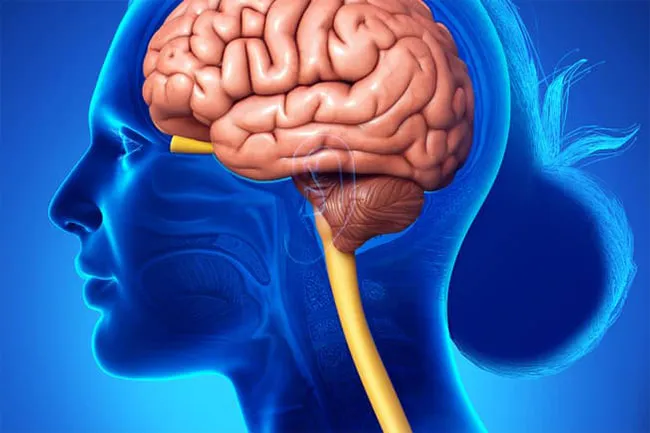
You can learn new ways to breathe. The simple practice of focused breathing can help you lower stress. Just a few minutes of deep, steady inhaling and exhaling trains your vagus nerve, which manages functions like your heart rate. Training it with slow, deliberate breathing may help you relax and reduce anxiety.
Switch Sides
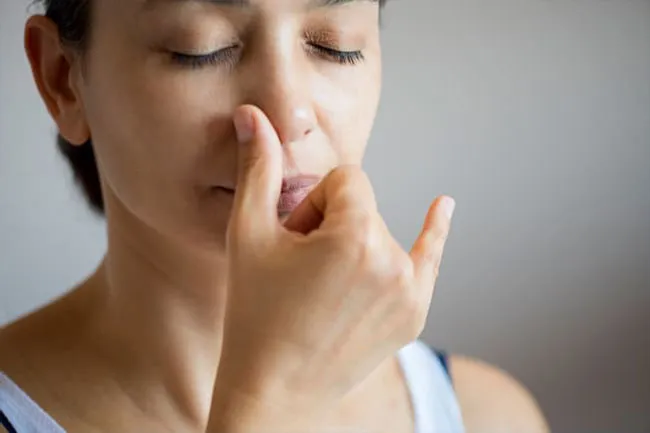
Use your thumb to close one nostril while you breathe through the other, then switch. Close the other nostril with your index finger and breathe again. In between each cycle, briefly squeeze both sides shut. Do this for 5 minutes. This exercise, along with deep breathing, may have healthy effects on blood pressure and heart rate.
Help From A Nifty Gadget

If you want to train your breathing, try a pacer. These handheld devices use vibration feedback to help you develop a healthy rhythm that’s optimal for you. You can use it when you’re stressed to help you calm down. There are pacer apps for smartphones too.
Sleep Right to Breathe Better

Your position in bed could help ease shortness of breath. Lie on your side with one pillow propping up your head and another between your legs. If you prefer to sleep on your back, place one pillow under your head and the other under your bent knees.
Say Ommmm
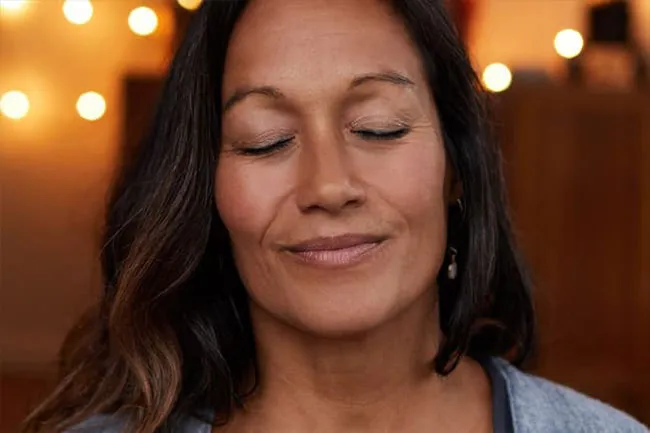
Meditation involves deep, focused breathing to help you sweep out stressful or distracting thoughts. Just close your eyes and practice inhaling slowly so that the air expands your belly. This type of breathing encourages the full exchange of incoming oxygen for outgoing carbon dioxide. It can slow the heartbeat and lower or stabilize blood pressure.
Belt Out Your Favorite Tune

Singing may be healthy for your lungs and breathing, even if you have a chronic respiratory illness like COPD or asthma. It can help reduce anxiety too. A trained instructor can teach you how to control your breathing and develop the right posture to improve it.
Improve Indoor Air Quality

An air purifier in your home can help clean particles from your surroundings to help you breathe better. These small appliances, also called HEPA air filters, are especially helpful if you have asthma. Airborne dust and allergens can worsen your symptoms. But anyone who lives in a big city with pollution may benefit from an air purifier too.
Lose Weight
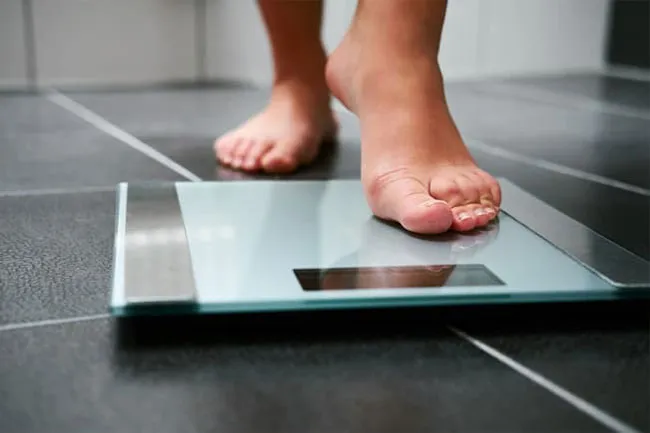
If you’re overweight, losing a few extra pounds can help you breathe better. People who are obese may have shortness of breath. Excess belly fat can reduce the amount of air your lungs can hold when you inhale. Losing weight makes it easier to breathe and move. It can also improve your symptoms if you have asthma.
Get Moving

Exercise helps keep your lungs healthy. Any type will do as long as it’s at least 30 minutes of moderate activity 5 days a week. Regular physical activities like walking or biking can expand your lung capacity, so you can take deeper, fuller breaths.
Namaste
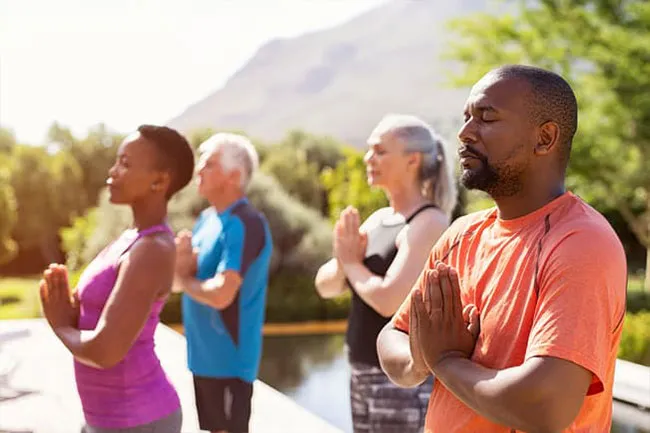
Gentle flexibility exercises, like yoga or tai chi, can improve your lung capacity and health. Both of these ancient Asian practices involve learning breathing techniques that improve your strength and well-being. If you’re just starting either practice, don’t do any moves at first that require you to restrict your breathing.
Laugh Out Loud

Here’s a fun way to exercise your lungs so they stay healthy: Laugh! Lots of belly laughing builds up your lung capacity and works your tummy muscles. A good bout of guffawing also clears stale air out of your lungs and lets fresh air in.
Drink Water

Stay hydrated to breathe better too. Drinking plenty of water or other fluids throughout the day keeps the mucus membranes that line the insides of your lungs healthy. If the lining is moist and thin, you’ll breathe easier.
Breathe Easier Through Your Mask

Wearing a face covering may make breathing feel like it takes more effort. Try these tips: While you’re masked, don’t slump. Good posture makes breathing easier. Take off your mask when you’re alone in your car. If you feel anxious in your mask, pause and take a few deep mouth breaths to calm down.
Allergies: Can You Learn to Breathe Better?
This tool does not provide medical advice. See additional information: 
© 1996-2024 WebMD, LLC. All rights reserved.
